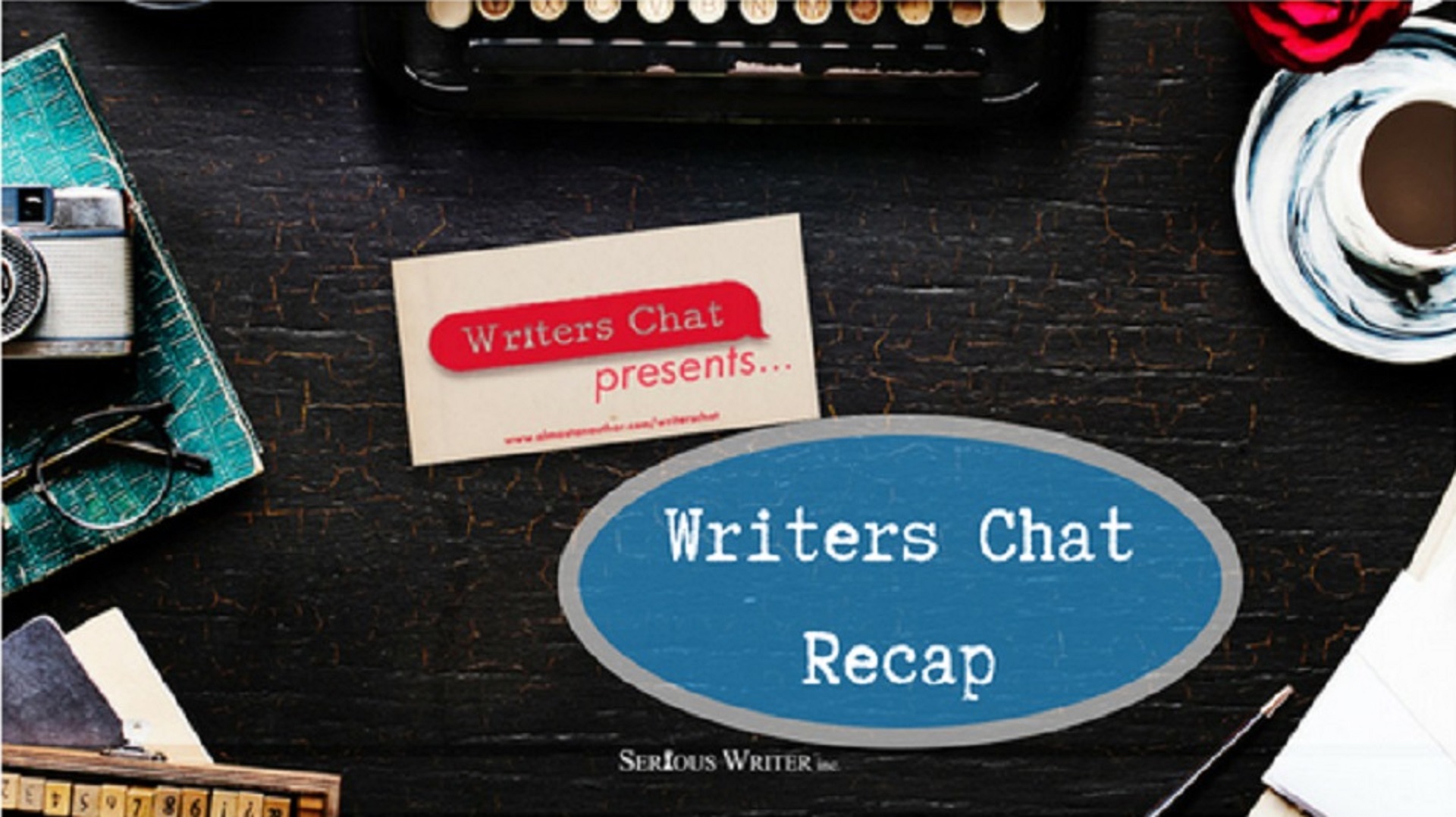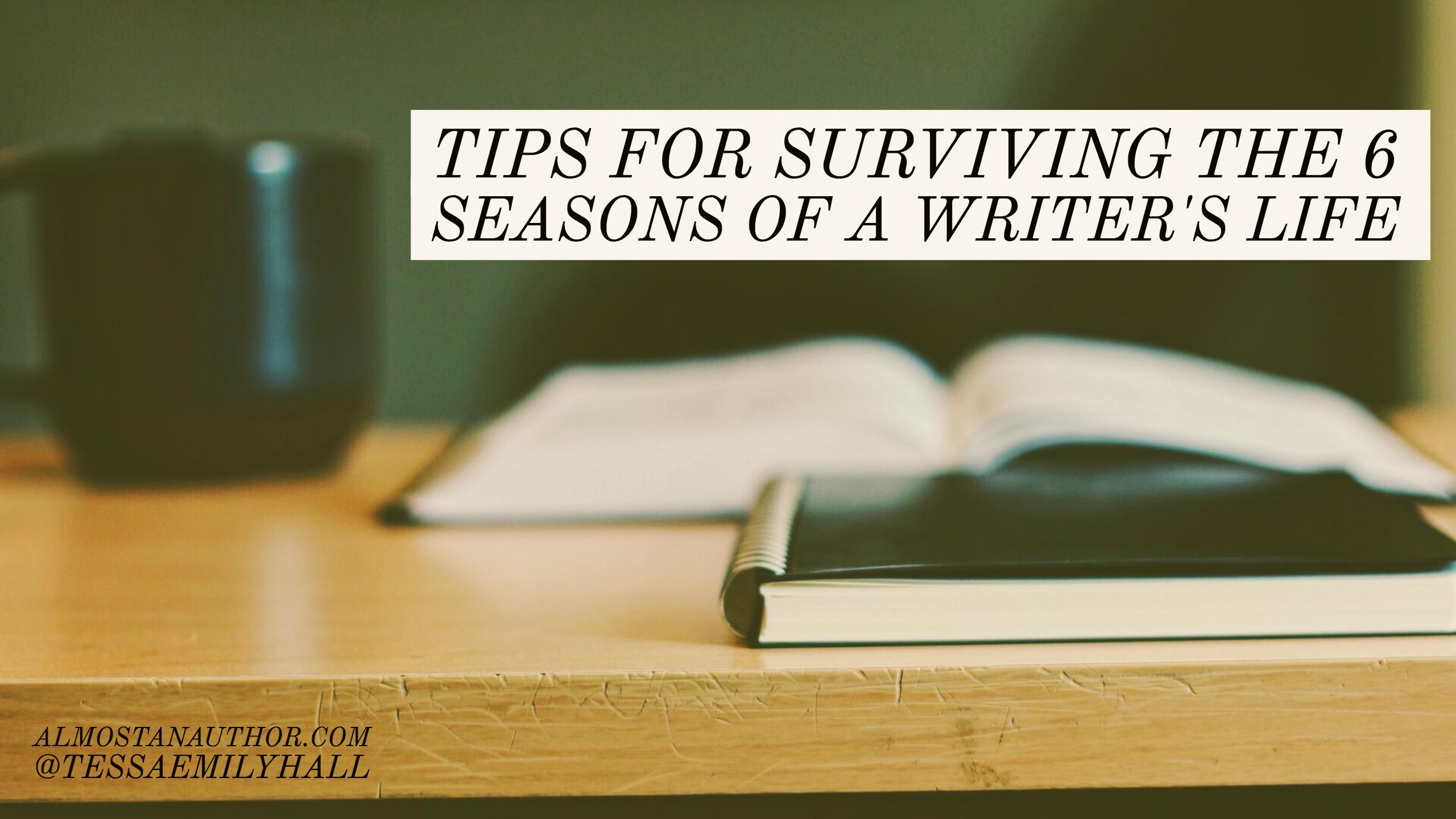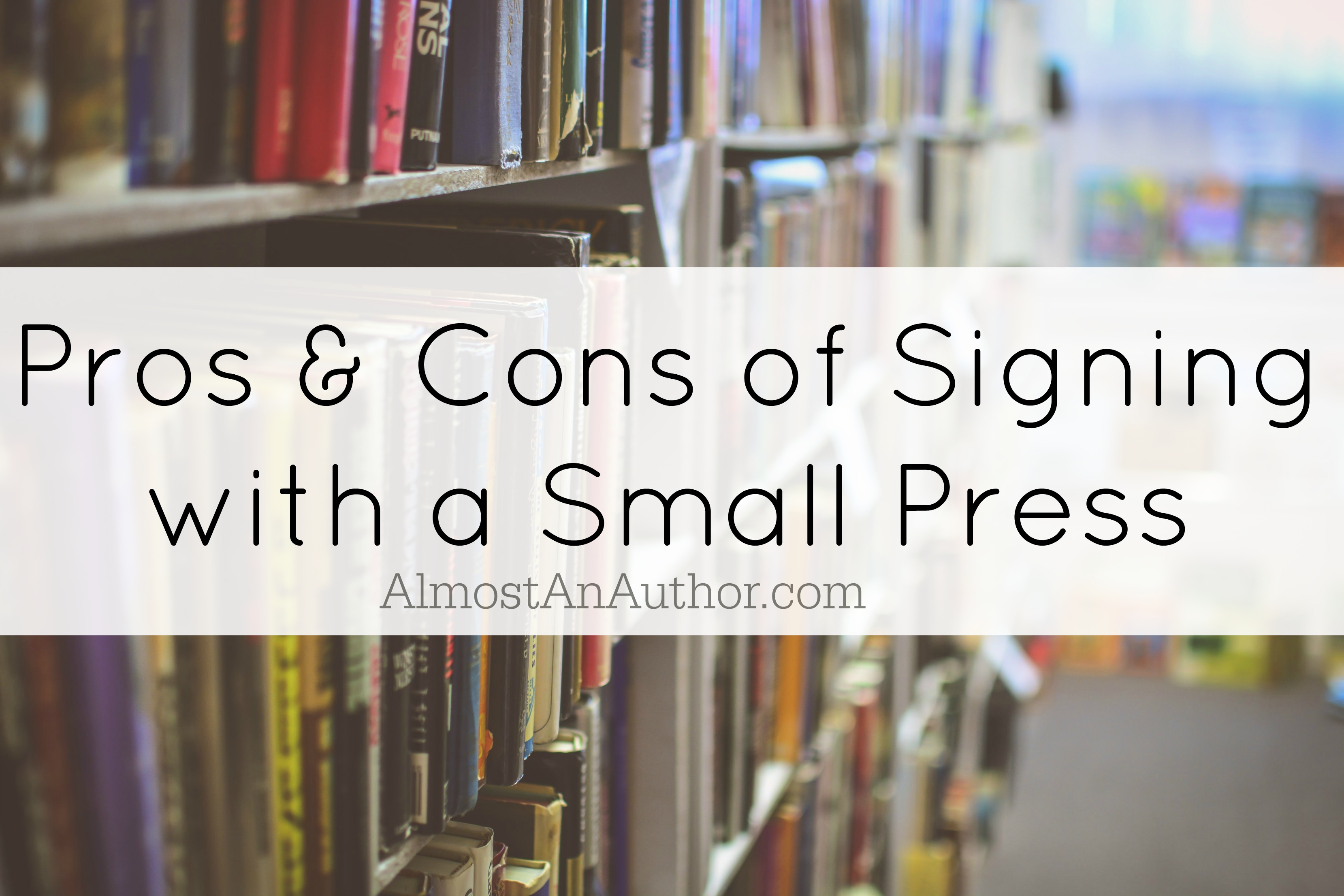Divergence And A Writer’s Life
As 2024 rolls away, it is still not playing out as I hoped it would. It is a different…
February 28, 2024As 2024 rolls away, it is still not playing out as I hoped it would. It is a different…
February 28, 2024
Several years ago, I portrayed a coal miner in a community play, and it opened my eyes to some…
November 6, 2023
When a restaurant has too many people show up at one time to eat, they say they’re getting slammed.…
August 18, 2023
Slogging away for weeks, months, or years on a project can be discouraging. Writing requires self-discipline, but is that…
February 27, 2023
I hope you, loyal readers of Almost An Author, will bear with me as I get serious this month.…
September 6, 2022
It’s almost SWCS, or Summer Writers Conference Season, for those of you who don’t know. I attended my first…
May 6, 2021
I have a good friend who often says, “I’m going to be gone this week to a “write away.”…
October 14, 2020
Do you identify yourself as an author? A writer? If not, it’s time to start. You are a writer…
September 8, 2019
Writers Chat, hosted by Jean Wise, Johnnie Alexander, and Bethany Jett, is the show where we talk about all…
August 15, 2018
If you’ve been in the industry long enough then you probably know by now that the writer’s life is…
March 8, 2017
When I was a fifteen-year-old aspiring author, I emailed a bestselling author asking for writing advice. What she told…
December 8, 2016
The writing journey is not a smooth, easy ride. There will be setbacks, failures, doubts, and frustrations along the…
November 8, 2016
I was sixteen when I attended my first writing conference. My goal wasn’t to find a publisher; in fact,…
September 9, 2016
The writing-life doesn’t look like other career-fields. A lot of what we do happens when we’re home alone or…
October 19, 2015
Don’t you love lessons in patience? Me, neither. Patience doesn’t come easy for me, so, when I became a…
June 21, 2015